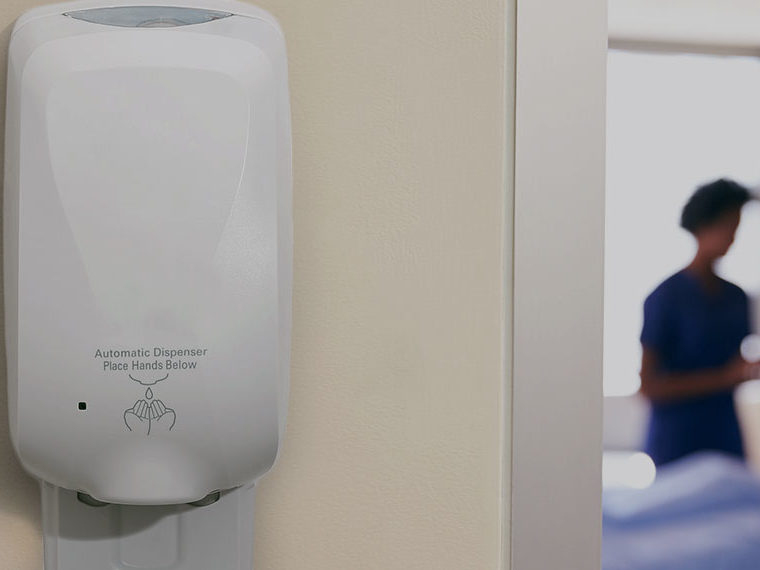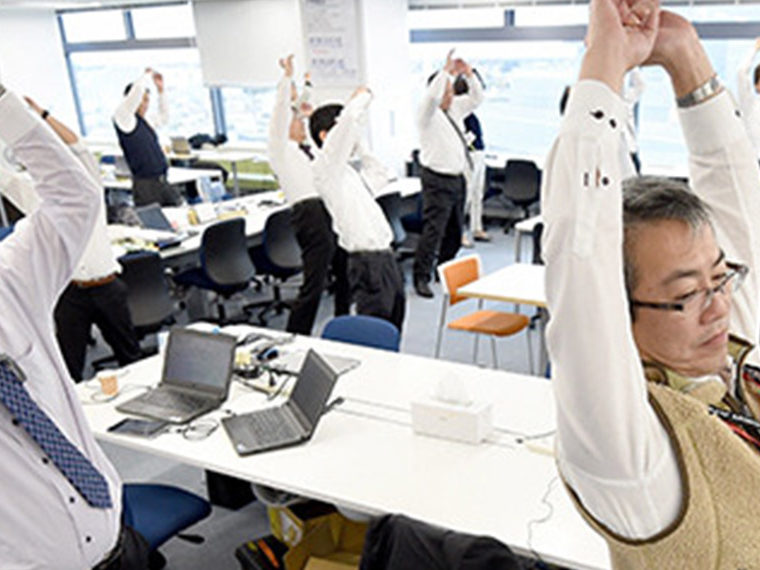But in uncompetitive markets, the financial owners cut staff
The private equity industry carries an unenviable public reputation, one that paints its strategy as mercilessly destructive and self-serving. In their most notorious deals, private equity investors walk away richer after loading companies with debt, slashing jobs and selling off assets, leaving husks of the former businesses to go bankrupt under subsequent owners.
Academic studies on the subject are mixed, but some suggest that private equity investment can, and often does, ultimately create more jobs and stronger, safer companies. Nevertheless, an ongoing stream of financial pirates and predators from the industry has kept even Congress leery of the industry — and especially wary of its growing appetite for health care companies, where the well-being of patients, on top of jobs, is at stake.
Regulators and legislators have been particularly concerned about private equity’s nursing home buyouts. A business model that prioritizes short-term profits may not be conducive to high-quality care in these facilities, where government-funded Medicare and Medicaid pick up most of the patient bills.
Opt In to the Review Monthly Email Update.
However, an important factor appears to mitigate that risk. In highly competitive markets, private equity nursing home owners make changes that increase the quality of care, according to findings by UCLA Anderson’s Ashvin Gandhi and Duke’s YoungJun Song and Prabhava Upadrashta. Where private equity owners have little local competition, they more often cut costs in ways that lower the quality of care, the paper suggests.
A working paper by other researchers suggests overall standards of care in nursing homes fall when private equity investors take over.
The mixed nature of results in research on private equity investments in service industries may reflect differing competitive incentives, Gandhi, Song and Upadrashta said in an email exchange; competition certainly played a role in the results of their research.
The study measured quality of care primarily by the amount and composition of nursing staff employed: the number of hours spent by registered nurses (RNs), licensed practical nurses (LPNs) and certified nursing assistants (CNAs) at a nursing home per patient. Direct care from nursing staff is the largest expenditure for a facility and constitutes a large component of Centers for Medicare and Medicaid Services’ public rating system for nursing homes. CMS’ rating system rewards facilities most for staffing high levels of RNs, which are the most highly trained and paid of the three.
The researchers first compare staffing at more than 1,400 facilities acquired in private equity buyouts between 1994 and 2016 to average trends among similar non-acquired nursing homes. Generally, the study finds, private equity owners shift staff composition toward a higher level of RNs than other owners. According to the findings, at an average facility, PE owners are expected to increase the share of RNs by about 21% in highly competitive markets and about 8.7% in less competitive markets.
But increasing the numbers of RNs doesn’t always result in better patient care, the researchers note. If there are excessive cuts in LPN and CNA staff, the quality of care from RNs declines as they take on those extra duties. To better gauge staffing quality, the researchers also calculated how private equity owners changed the amounts spent per patient on staff at each facility.
Staff spending rose significantly when private equity acquired a facility in a very competitive market. But in places with few competitors, private equity owners cut support staff so much that patient care suffered, the study suggests. The researchers quantify the reduction in care in these instances to the equivalent of cutting RN care by 4.5%.
The researchers also looked at how private equity owners responded when CMS implemented its public rating system for nursing homes in 2008. The program, intended to help consumers compare quality of care at different facilities, assigns a one-to-five-star grade for each facility, based on dozens of data points. Staffing levels (numbers of RNs, especially) weigh heavily in each facility’s ultimate grade.
The study finds that private equity owners were “acutely responsive” to these comparisons. Overall, they increased their total share of RN staffing and staffing expenditures more than other types of owners. But again, the quality gains were seen primarily in facilities in competitive markets, where private equity owners increased staff expenditures by 3.6% of the mean. In less competitive markets, private equity ownership decreased staff expenditures by 4.3% of the mean.
Short of CMS’ simply banning private equity acquisitions or mandating staffing levels, the findings suggest that regulation focused on keeping nursing home markets competitive could mitigate some of the worrisome aspects of private equity strategies.
As for private equity’s reputation generally, the researchers caution against pegging the industry as uniformly beneficial or harmful to consumers and workers. They write: “We demonstrate how the effects of private equity ownership are varied — even within a single industry — depending on competitive incentives.”
Featured Faculty
-
Ashvin Gandhi
Assistant Professor of Strategy
About the Research
Gandhi, A., Song, Y., & Upadrashta, P. (2020). Private Equity, consumers and competition: Evidence from the nursing home industry.
Gupta, A., Howell, S.T., Yannelis, C., & Gupta, A. (2020). Does private equity investment in healthcare benefit patients? Evidence from nursing homes.






